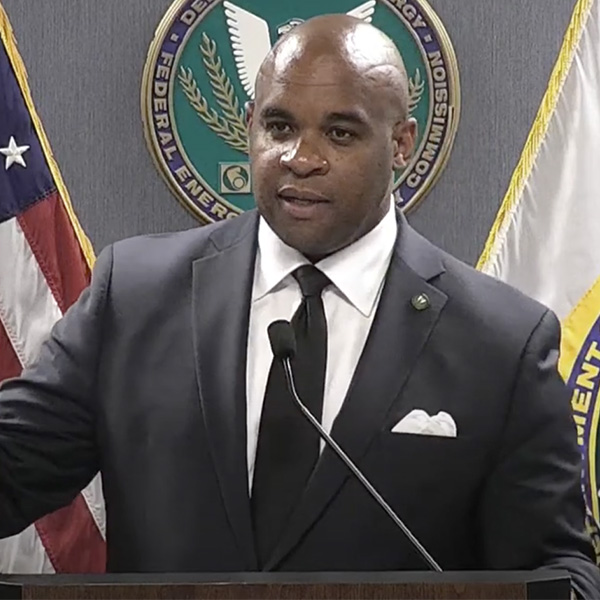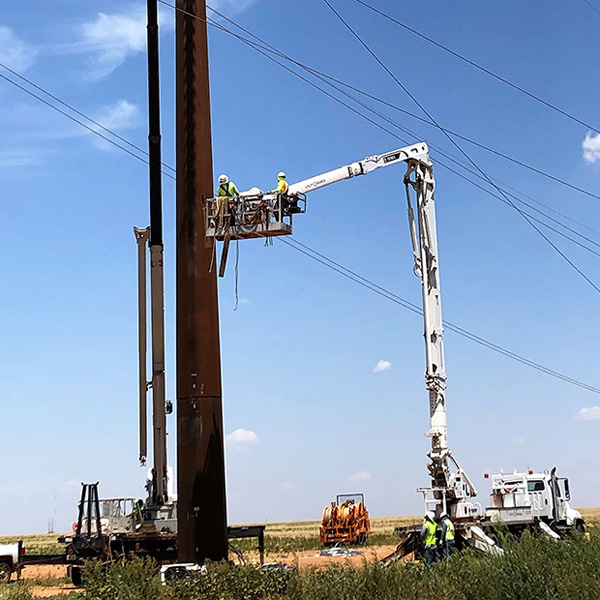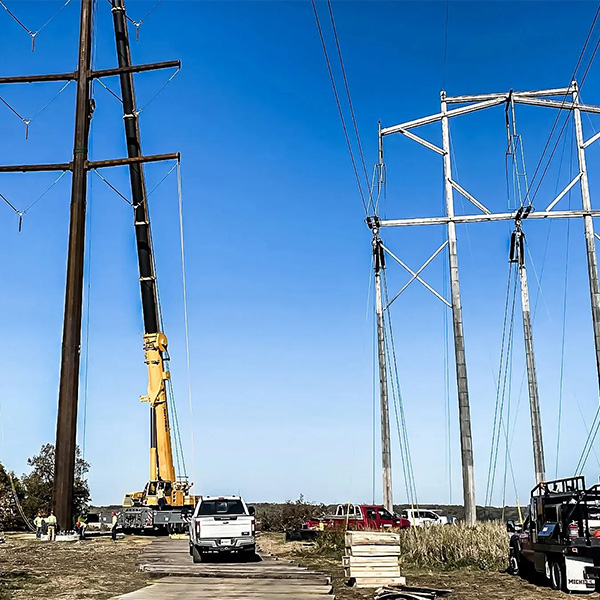right of first refusal (ROFR)
MISO reaffirmed its commitment to its second, $25 billion long-range transmission portfolio while stakeholders asked the RTO to be mindful of river crossings and whether it may reassign developers for the first LRTP portfolio’s projects in Iowa.
FERC has received rehearing requests on Order 1920 ranging from stakeholders who just want to see a few tweaks, to those who prefer the commission trash the entire order and start over.
FERC issued Order 1920, its long-awaited final rule on long-term regional transmission planning and cost allocation, but it could not fulfill hopes for a unanimous vote.
FERC is taking the rare step of holding a special open meeting May 13, a Monday, to vote on a proposal to overhaul its transmission planning and cost allocation rules.
FERC is set to vote on its long-awaited proposed rule on transmission planning and cost allocation for regional lines at a special open meeting May 13.
FERC has yet to issue a final rule on transmission planning, but supporters of competition for transmission development have said they will appeal it to court if it reimposes a federal right of first refusal.
FERC appears to be nearing completion on its transmission planning rulemaking, with cost allocation rules and the federal ROFR among the issues at stake.
An alliance of consumer groups asked FERC to address its 2022 joint complaint against MISO’s practice of deferring to state rights of first refusal laws in its regional transmission planning.
MISO wades into the battle over who will build the Iowa portions of its long-range transmission projects after a court found the state’s right of first refusal law unconstitutional.
The U.S. Supreme Court has declined to take up an appeal of a lower court’s ruling that a Texas law giving incumbent transmission companies the first right of refusal to build new transmission lines was unconstitutional.
Want more? Advanced Search









